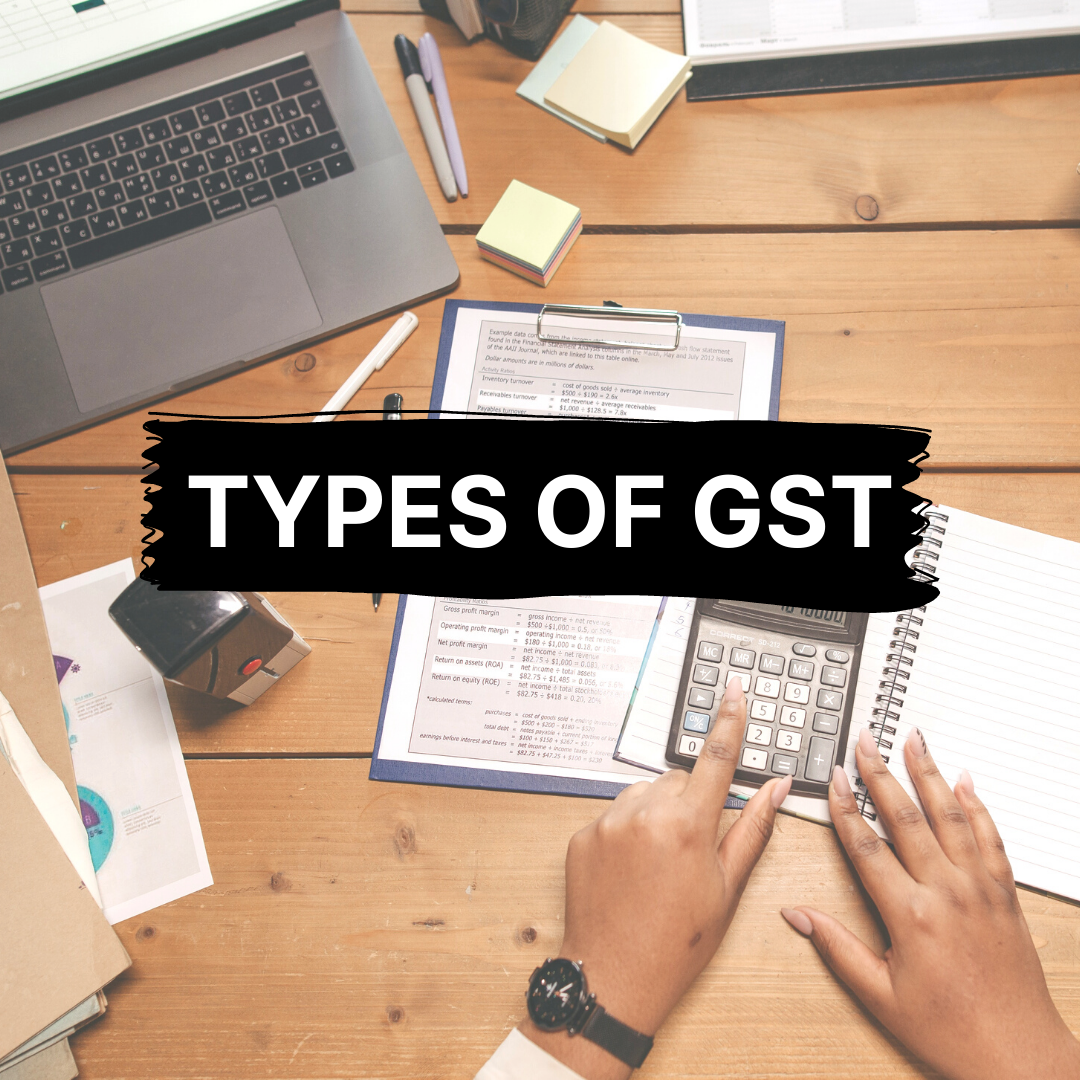Transportation is a vital part of the economy as any problem in transportation disrupts the entire business channel. This is why any petrol price change has a far-reaching effect in disruption of business. In this article, we will discuss the goods transportation and GTA (Goods Transport Agency) and the provisions of GST applicable to them.

In GST laws, the Goods Transport Agency is means a person who provides services for the transportation of goods by road and issues a consignment note. Additionally, the absence of a consignment note for any goods implies the transporter is responsible until the goods have been safely delivered to the consignee.
GST Rates on Services Offered by GTA
In accordance with notification no. 20/2017-Central Tax (Rate) dated 22.08.2017, Sr. no. 9, 11, (i) Services (included household goods used for personal use) performed by goods transport agencies (GTAs) employ CGST at 2.5% or 6% on a monthly basis.
SGST is also taxed at similar rates, which turns the effective GST tax rates to 5% or 12%. However, a condition implies for the rate of 5% which binds the taxpayers that they cannot claim input tax credits for goods or services used in the provision of the service.
It explains that (a) input tax credits pertaining to goods or services solely used for the procurement of such services have not been accepted, and (b) input tax credits pertaining to goods or services used for obtaining service and partially for other supplies eligible for the input tax credit, its reversal proves such supply as an exempt supply and attracts the provisions of section 17 subsection (2).
In this case, the goods transportation agency will pay 6% central tax, which will apply cumulative GST to the service is provided at the rate of 12%. If this option is made available, the GTA would also be able to claim ITC.
Therefore, if GTA is not entitled to claim ITC for its supplies and the GST responsibility is derived according to the reverse charge method, the recipient of the GTA service releasing the tax liability is eligible for Input Tax Credit (ITC) of the amount of tax paid under reverse charge provided it is used in the course of their business.
Nevertheless, the receiver would also be able to take advantage of the ITC of the GST paid by GTA if it were set up on a forward charge basis. No. 11/2017-Central Tax (Rate), sr.no.11, (ii) also assigns that associated services in transportation other than those reported in (i) (Heading 9967) will be charged GST @9% CGST.
The SGST would also attract identical rates, resulting in an 18% effective rate.
Who is required to pay GST on GTA services (5% rate without ITC - RCM-7 recipients)
Goods transport agencies (GTAs) are responsible for paying GST on services they provide if they have not levied a central tax at 6% on the transport of goods by road (Notification No. 13/2017-Central Tax (Rate) dated 28.06.2017 (Sr. No.1) is applicable in respect of the following kinds of receivers (located in the taxable territory) if they fall into the following categories:
- Factory listed under or regulated by the Factories Act, 1948 (63 of 1948); or
- In India, any society indexed under the Societies Registration Act, 1860 (21 of 1860) or any other rule applicable for few times in any part of India;
- A co-operative society governed by a rule; or
- Registrants under the Central Goods and Services Tax Act, the Integrated Goods and Services Tax Act, State Goods and Services Tax Acts, or Union Territory Goods and Services Tax Acts; or
- A corporation or any other legal entity;
- Companionships, registered or unregistered, that include associations of individuals; or
- Random taxable person.
Therefore, by offering such services in the taxable territory, the GTA supplier can pay GST (and claim an ITC) @ 12% (6% CGST = 6% SGST); otherwise, the receivers will be required to pay GST. If the recipients do not meet these criteria, then the GST will be borne by the supplier of GTA services.
What are the GST-exempt GTA services?
They are:
(a) The agricultural yield;
(b) Goods being transported in one carriage for a consideration that does not exceed a thousand five hundred rupees:
(c) Goods that are being transported to a single consignee, and the transportation charge of all such goods does not exceed seven hundred fifty rupees.
(d) Salt, milk, and grains such as rice, flour, and pulses;
(e) Manure that is organic;
(f) A newspaper or magazine registered with the Registrar of Newspapers;
(g) If relief materials are being transported for victims of natural or man-made disasters, calamities, accidents, or mishaps;
(h) Defense or military equipment.
How Can Deskera Help You?
Discover how you can combine accounting, finances, inventory, and much more, under one roof with Deskera Books. It's now easier than ever to manage your Journal entries with Deskera. The remarkable features, such as adding products, services, and inventory, will all be available to you from one place.
Experience the ease of implementation of the tool and try it out to get a new perspective on your accounting system. It is an innovative system for invoicing, accounting, and various aspects related to accounting such as fixed assets, purchase order and invoice, credit note. Fundamentally, Deskera Books is an all in one place that helps businesses focus on their core tasks and goal accomplishment.
Deskera Books is a time-saving strategy for managing your work contacts, invoicing, bills and expenses, connecting to your bank. In addition, opening balances can be imported and chart accounts can be created through it.
Conclusion
In summary, the GST law incorporates the elements of the existing tax regime. According to the law, pure transportation of goods services are typically provided by individuals in the unorganized sector, so these operators are specifically excluded from the tax net. In most cases, agencies providing transport services are liable to their recipients, unless the GTA has chosen to charge a forwarding fee.
Related Articles













